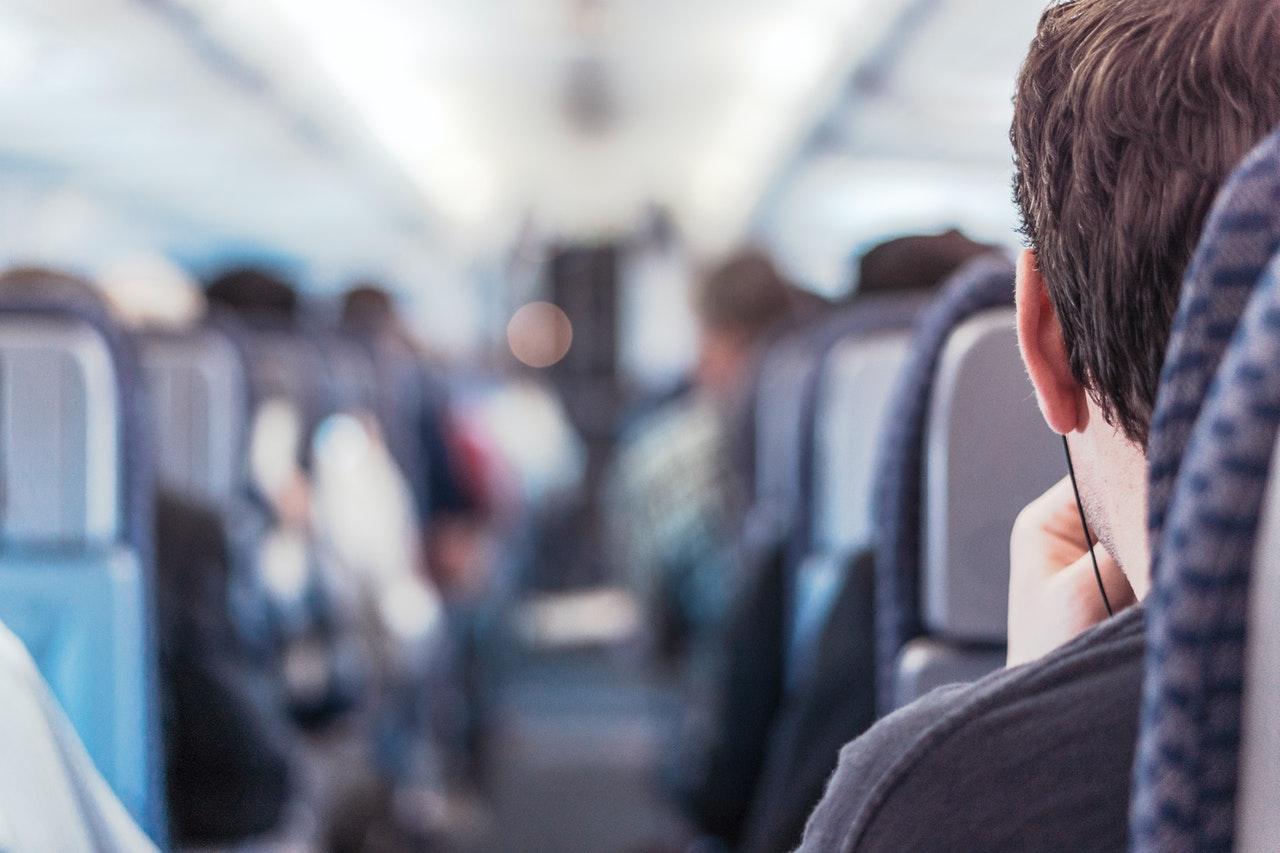Flying not so risky infection-wise but be prepared to shield up
Most airlines agree that the best advice for passengers is to wear a mask, wash their hands regularly and check in online.
You might feel especially in danger of catching Covid-19 when squeezed into a plane with hundreds of strangers.
Yet some experts are claiming that in-flight transmission between passengers is relatively rare.
Cases of infected passengers passing the virus on to an airplane’s crew or fellow travellers are not unknown, but far fewer than most people expect.
A flight from the UK to Vietnam in March, in which one passenger seemingly spread the virus to around 14 other passengers and a crew member, is believed to be the only known on-board transmission to multiple people so far.
There are several theories to explain the apparently low risk level. One is that the air in modern aircraft cabins is replaced every two to three minutes, and incoming air goes through filters that trap 99.99% of particles.
Professor Arnold Barnett, of the Massachusetts Institute of Technology, told CNN Travel that most things are more dangerous now than they were before Covid-19, and aviation is no exception to that.
Barnett said, “For you to get infected while flying, you have to be near an infected person.
“Window seats are a little safer than middle or aisle seats on a plane that’s full as there are fewer people around you. But it’s not a big difference.”
He is an advocate of keeping middle seats empty, but most airlines say this is financially impractical.
Airlines have slightly different safety measures in place, but most agree that the best advice for passengers is to wear a mask, wash their hands regularly and check in online.
Barnett recommends taking things one step further by wearing a shield.
“A shield covers your eyes, nose and mouth, so it lessens the risk of others infecting you. If I were flying now, I would certainly wear a shield.”
Qatar Airways has made it compulsory for all passengers to wear a face shield in addition to a face mask.
The shields, which are supplied by the airline, are obligatory for economy class passengers, except when they are eating or drinking. Business class travellers can wear them at their own discretion, as they have more space around them. However, all passengers must wear them during boarding and deplaning.
Philippine Airlines followed suit earlier this month, so it seems likely other carriers may choose to enforce shields in the future.
Subscribe to our newsletter
To be updated with all the latest news and analyses daily.
